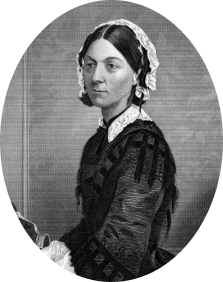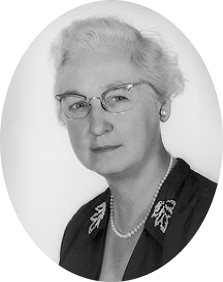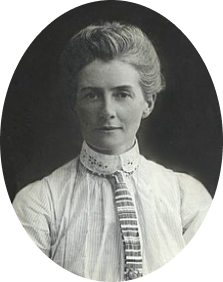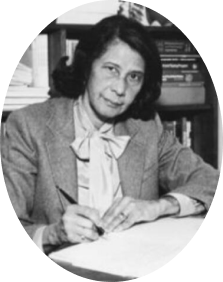5 Women Who Transformed Healthcare

Celebrating Women Who Changed History
March is Women’s History Month, a time to recognize women in healthcare who made a lasting impact. These leaders in medicine and nursing introduced innovations that improved patient care and saved lives.
At FlexCare, we honor travel nurses, clinicians, and allied health professionals who continue this important work. Whether caring for patients, innovating treatments, or advocating for better healthcare, today’s medical professionals follow in their footsteps.
Meet The Women Who Changed Nursing
Florence Nightingale – The Mother of Modern Nursing
Florence Nightingale transformed hospital care in the Crimean War (1853-1856). She introduced hygiene and sanitation practices that reduced infections and saved lives.
Her work led to modern nursing practices, emphasizing patient-centered care, cleanliness, and organized hospital systems. She also founded the first professional nursing school, setting the standard for nursing education worldwide.
How does this impact nurses today?
- Hospital sanitation protocols—Nightingale’s principles still shape infection control policies in hospitals.
- Nursing leadership—Her advocacy laid the foundation for nurses to take leadership roles in healthcare.
Learn more about her legacy at The Florence Nightingale Museum.

Virginia Apgar – Protecting Newborns with a Simple Test
Dr. Virginia Apgar created the Apgar Score, a quick test for newborns that checks breathing, heart rate, and movement. Introduced in 1952, it remains a global standard for assessing newborn health.
How does this impact nurses and clinicians today?
- Maternity & neonatal care: The Apgar Score ensures that babies needing urgent medical attention receive help immediately.
- Emergency response skills: Nurses and labor and delivery clinicians rely on this test to make rapid, lifesaving decisions.
Find out more from the National Institutes of Health (NIH).

Edith Cavell – A Nurse Who Put Patients First
During World War I, British nurse Edith Cavell treated wounded soldiers on both sides of the war, refusing to take sides. Even when captured and sentenced to death for helping Allied soldiers escape, she stood by her oath to care for all patients. Famously quoted as saying ‘Patriotism is not enough; I must have no hatred or bitterness toward anyone.'
How does her legacy influence modern nursing?
- Ethical patient care—Her actions reinforced the importance of nursing ethics in wartime and beyond.
- Compassion in crisis—Her story reminds us that nurses often work in high-pressure situations that require courage and empathy.
Learn more about her story at Edit Cavell National WW1 Museum

Dr. Ildaura Murillo-Rohde – Fighting for Diversity in Nursing
Dr. Murillo-Rohde founded the National Association of Hispanic Nurses (NAHN) to ensure better representation in healthcare. She worked to give Hispanic nurses more opportunities and improve culturally competent care.
Why is this still important today?
- Diversity in healthcare teams—Research shows that patients receive better care when their healthcare providers understand their cultural backgrounds.
- Advocacy for minority nurses—Her work paved the way for Hispanic and bilingual nurses to take on leadership roles.
Learn more at the National Association of Hispanic Nurses (NAHN).

Andrea Dalzell – Breaking Barriers in Nursing
Andrea Dalzell became New York’s first registered nurse to use a wheelchair. Despite facing rejection, she refused to give up.
During the COVID-19 pandemic, she took a frontline role, proving that disability does not limit ability. She now advocates for inclusivity in healthcare, fighting for more accessible medical workplaces.
What does her story teach us?
- Inclusivity in healthcare—Dalzell’s work highlights the need for better representation and opportunities for people with disabilities in medical professions.
- Overcoming adversity—Her determination serves as an inspiration for all healthcare workers facing challenges in their careers.
Learn more about her story at The Seated Nurse.

Today’s Professionals Continue Their Legacy
These trailblazers in medicine and nursing paved the way for today’s travel nurses, allied health professionals, and medical leaders. How do today’s nurses and clinicians carry on their work?
✔ Filling critical staffing shortages—Travel nurses provide urgent care in high-need areas.
✔ Advancing medical innovation—Clinicians use new treatments and technologies to improve patient outcomes.
✔ Advocating for better healthcare—Nurses and doctors speak up for patient rights and ethical care.